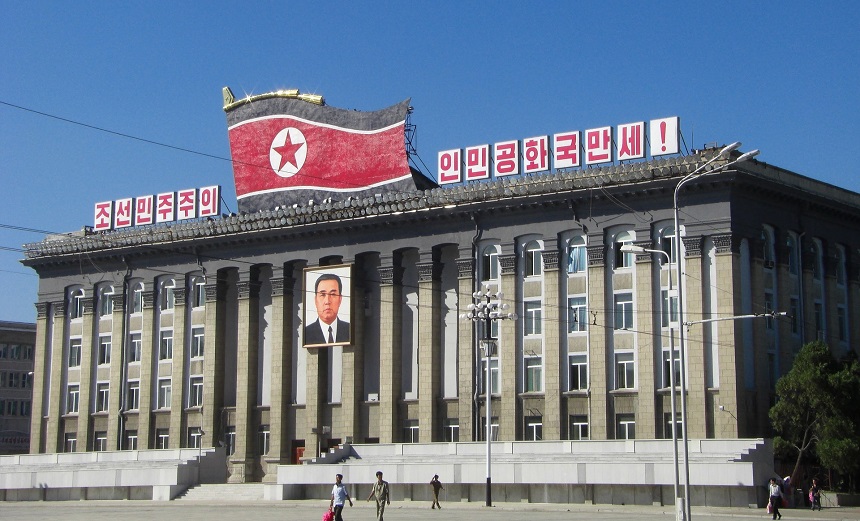Blockchain & Cryptocurrency , Cyberwarfare / Nation-State Attacks , Fraud Management & Cybercrime
North Korean Cryptocurrency Hacking Poised to Get Even Worse
Joint South Korean-US Working Group Faces Challenges, Opportunities
Widening mainstream acceptance of cryptocurrency will intensify state-sponsored cybertheft by North Korea, potentially adding to the hereditary despotic monarchy's billions of funds stolen through hacking, participants in a Washington think tank panel said.
North Korean-controlled cybercrime groups have stolen more than $2 billion. Pyongyang has recently turned to cryptocurrency theft, including a more than $600 million heist earlier this year (see: Feds Offer $5 Million to Help Disrupt North Korean Hackers).
The theft "is going to get worse. Cryptocurrency is going to become much more of an accepted means of actual payment settlement," Nick Carlsen, a blockchain analyst at TRM Labs and a former FBI intelligence analyst. He spoke during a panel hosted by the Center for a New American Security.
"When it's no longer necessary to convert that stolen crypto even to dollars or renminbi or any other currency - that's really the cliff that I worry about. That's the point of no return," he added.
The United States and South Korea committed in 2021 to enhanced collaboration over cybercrime and combating ransomware through a joint working group.
One positive effect the working group could have would be to facilitate information sharing about North Korean internet activities across the South Korean government, said So Jeong Kim, a senior researcher at the Korean government-funded Institute for National Security Strategy.
In 2015, the South Korean government created a cybersecurity position within the presidential office, although Kim in other settings has criticized the effectiveness of the position.
"Frankly, speaking, I am not sure how much each agency's bureaucratic struggles can be solved in a very smooth way," she said, but did allow that interagency cooperation "is getting better right now."
Carlsen of TRM Labs advocated joint operations that recover stolen funds directly from North Korean hackers. "I think they've probably gotten used to being in a position of being the hunter, not the hunted," he said.
Seoul and the United States might also find it productive to use the working group to find ways to stop Pyongyang form converting cryptocurrency into fiat currency, Carlsen said. "If you were to combine the intelligence that both countries have on those networks, not to hoard it, but to share it in a productive way, that could actually have a meaningful impact here, to interdict and seize post-crypto - where it's in the traditional financial system, which is much more accessible and vulnerable to recovery."













